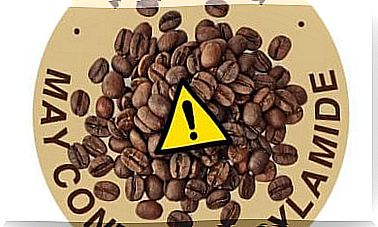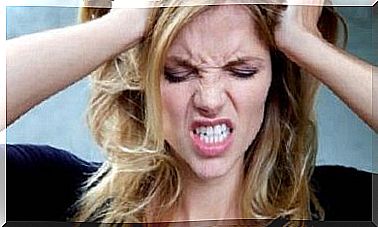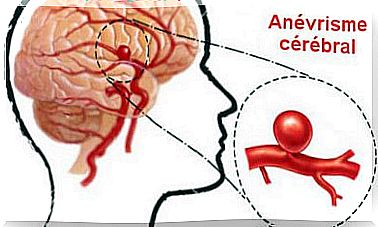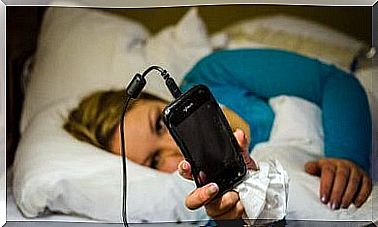10 Puzzles That Will Test Your Brain. Are You Going To Get There?

In order to try to solve the puzzles, we force our brain to go through different processes than what it is used to. They are in fact not based on linearity.
Nothing better than puzzles to exercise your brain and keep it active.
Indeed to get your brain going, there is nothing better than these mental games which will make you think while having a good time.
In addition, in a way, they will come to test your thinking skills. Are you going to get there?
Find out!
Riddle 1
Jean’s father tells his son that he is going to give him two legal tender coins.
“With the two we have three euros, but one of them is not one euro”.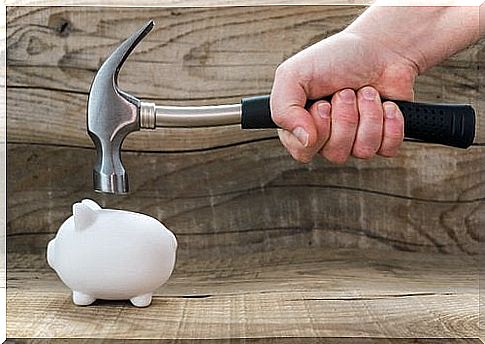
So what are these parts?
Riddle 2
What day of the year do charlatans speak the least?
Riddle 3
Jean wakes up one morning and then discovers that the bedroom light no longer works.
He opens the glove drawer, in which are ten black gloves and ten dark blue gloves.
How many should he take to be sure he has a pair of the same color?
Riddle 4
How many times is it possible to subtract the number 1 from the number 1111?
Riddle 5
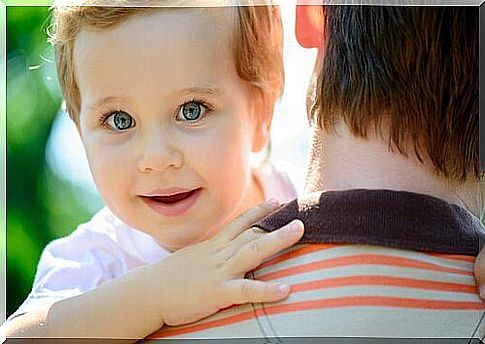 Two people are traveling by car. The youngest is the daughter of the older, but the older is not her father.
Two people are traveling by car. The youngest is the daughter of the older, but the older is not her father.
Who is it ?
Riddle 6
In a race, a runner overtakes the one who is second. What position is he in?
Riddle 7
How can a person survive who falls from a 50-story building?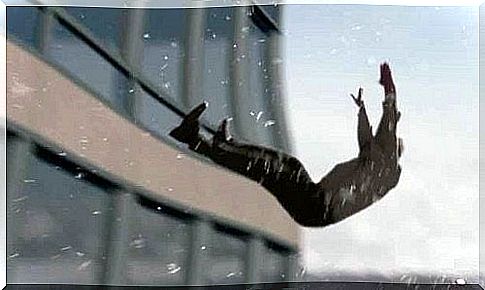
Riddle 8
A woman buys a parrot from a pet store and the seller promises her that he is able to repeat anything he hears.
However, the woman returns the animal a week later. The latter did not indeed utter a single sound, although she did not stop talking to him.
Still, the seller didn’t lie to him.
What happened ?
Riddle 9
- You drive a bus in which 18 people get on.
- At the next stop, 5 get off but 13 others get on.
- When you reach the next stop, 21 get off and 4 get on.
What color are the driver’s eyes?
Riddle 10
A farmer owns 10 rabbits, 20 horses and 40 pigs. If we call the “pigs” “horses”, how many horses does he have?
Did they seem difficult to you? Easy? How many correct answers do you think you have? 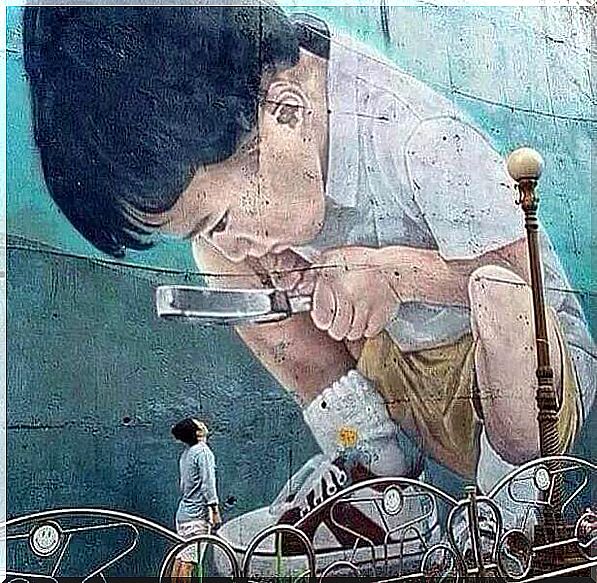 Here are the solutions so that you can check your answers and know your score.
Here are the solutions so that you can check your answers and know your score.
- Answer 1. One for two euros and another for one euro. Jean’s father tells his son that one of them is not one euro… but the other can be one.
- Answer 2. The day when we advance one hour in the spring to adapt to summer time. It is indeed the day of the year that has the least time.
- Answer 3. 11. In the worst case, Juan will take ten right (or left) gloves of both colors, and it would be impossible for him to have a pair. With one more this is enough to make a pair.
- Answer 4. Only one, because then we would be subtracting from number 1110, 1109, 1108…
- Answer 5. His mother.
- Answer 6. Secondly.
- Answer 7. When falling from the first floor: the statement does not in fact say where the person falls.
- Answer 8. The parrot is deaf.
- Answer 9. What color are your eyes?
- Answer 10. He will always have 20. Calling them differently does not change their number.
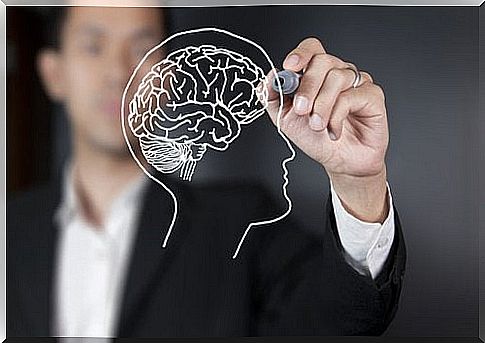
The puzzles therefore allow people to develop their lateral thinking.
It is indeed a type of thinking that involves solving problems in a creative way. This is how Edward de Bono defined it in 1967.
In this way, throughout history puzzles have been invented which, presented as a traditional problem, test the logical principles of the one who has to solve them, as well as his / her cognitive capacity, by being able to exercise it.
Lateral thinking therefore refers to a different process from the normal, linear or direct thinking that we are used to.
In the traditional way of reasoning we progress logically from one step to the next, while in lateral thinking we have to deliberately let go of this process, which will force us to let go of certain inhibitions.
This will allow us to resolve the issues presented differently.
We will therefore exercise our brain by subjecting it to a “different” exercise process to which it is not used. The puzzles are therefore ideal for training the brain and have positive consequences on health.
